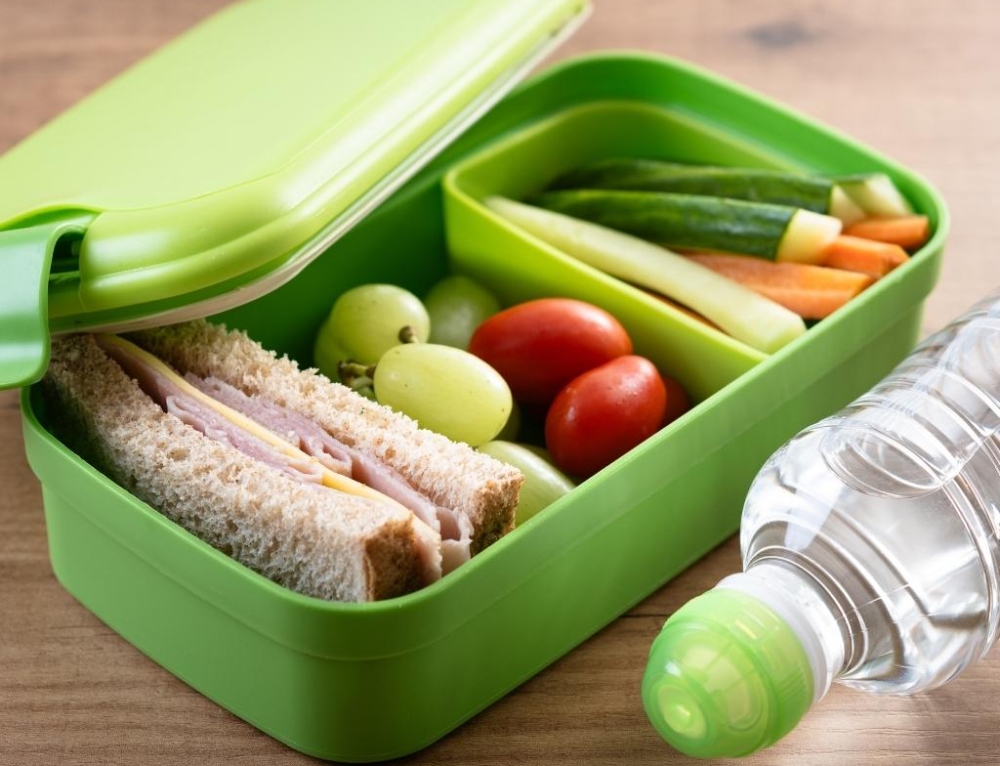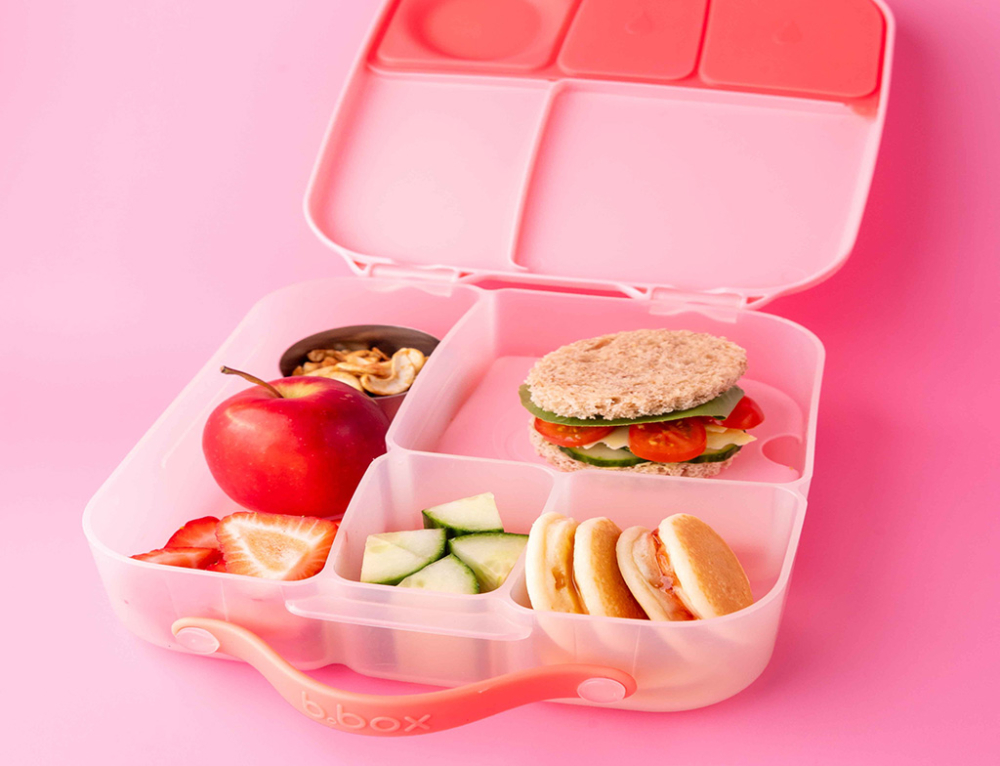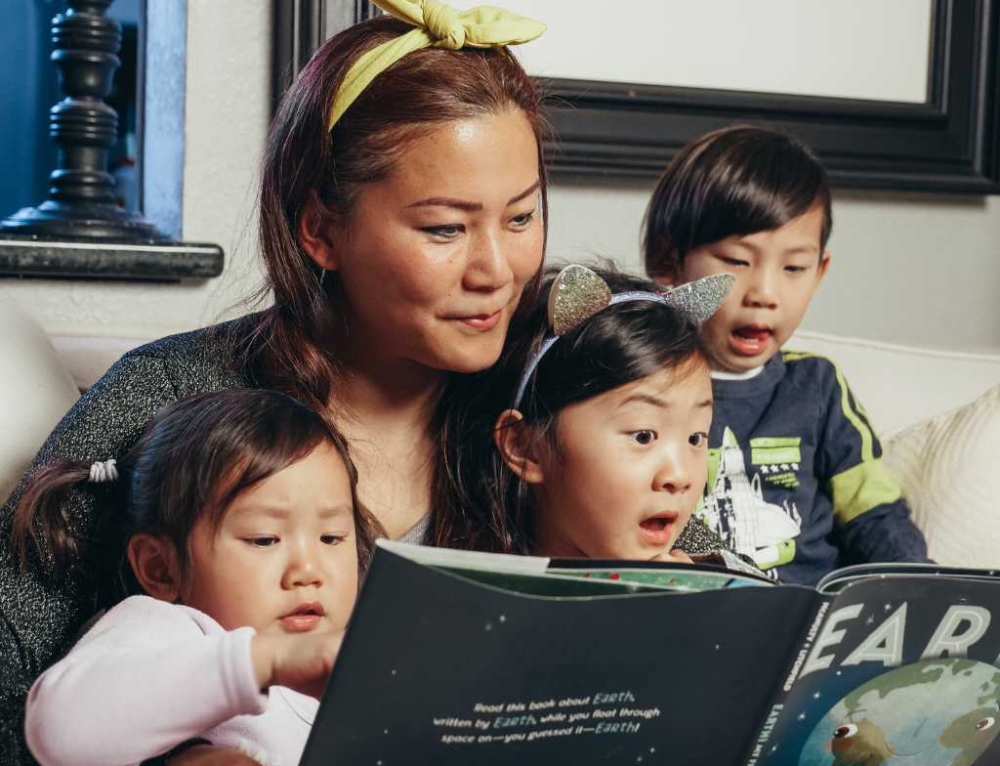Sleeping over at a friend’s or relative’s house and going on school camp can be significant rites of passage. For many kids – and their parents – it’s a big deal to sleep somewhere else without mum or dad going with them.
But when a child gets around to completing this rite is highly subjective. There’s not a particular age when every child should jump at the chance of a sleepover or embrace the idea of a school camp, says WA parenting coach, Claire Eaton, of Creative Parenting.
“If everyone else’s child seems to be having sleepovers and yours still prefers not to go, that’s fine. They’re probably not ready or just don’t like the idea,” she says, adding that if possible don’t force your child to go on the sleepover, or create a stigma about them not wanting to go.
“Whatever you do, don’t label this activity according to age, such as ‘now you’re 11 you’re a big boy so it’s time to have a sleepovers.”
Child psychology practice Quirky Kids also says sleeping away from home is more about stage than age. “Sleepovers should only be encouraged if children are in a good night time routine at home.” So if they struggle to go to sleep without you lying next to them, or frequently end up sneaking into your bed at night, don’t rush them to start on the sleepover circuit.
“It’s a big step for many kids. There are many adults who don’t like staying at other people’s homes either, preferring their own beds and routines. Kids are the same,” says Claire.
What about school camps?
School camps are part of the curriculum and at many schools now can start in Year 3 or 4. These are quite different to a sleepover as they’re likely to involve anywhere from two to four nights being spent away from home, sleeping in a dorm or a tent, with mums and dads a fair distance away.
Claire advises parents to start talking about school camp, and the total experience well before the day to leave arrives.
“Much is in the preparation,” she says. “As soon as you know that camp is coming – and most schools give good notice – start talking about what you know about their camp, your own camp experiences and if they have older siblings, their experiences.
“Go on to the internet and Google the campsite so they kids can see pictures of where they’re going. And encourage them to ask questions. If they’re nervous about anything, they’ll probably voice it around now.”
How to deal with anxious kids
The number one rule is not to say “everything will be all right” or “you’ll get over it.” Instead acknowledge their fear or anxiety up front and help your child come up with possible strategies or find the answers to their question themselves so they can deal with their issues.
“Generally noting is unfixable. But rather than step in and fix it for them parents can help their kids find the answers,” Claire says. “This helps build resilience and confidence in their ability to solve their own problems.”
3 ways to help your child sleep well in a strange place
- Ensure kids get a good sleep the night before. Being tired can make them more emotional and easily upset.
- Help them with the packing. Kids will feel more involved with the idea of going away if they’ve had to pack their stuff.
- Make sure that kids eat a good breakfast before setting off.
Claire suggests that kids, particularly those who are a little nervous, are encouraged to pack a small and private memento to take with them – it could be a special photo, or a favourite rock or crystal, or even a teddy. Putting their favourite soft toy in the bottom of their sleeping bag means they have the comfort of knowing it’s there without everyone else knowing about it too. These tips also work well if you have a child that likes routine and is unsettled by the prospect of sleeping away from home, for example at holiday time when visiting friends or relatives.
“Explain that going away will be a great experience but you understand that there may be times they’re homesick or not as comfortable as they would feel at home, and discuss ways they can manage that,” Claire says.







Leave A Comment
You must be logged in to post a comment.